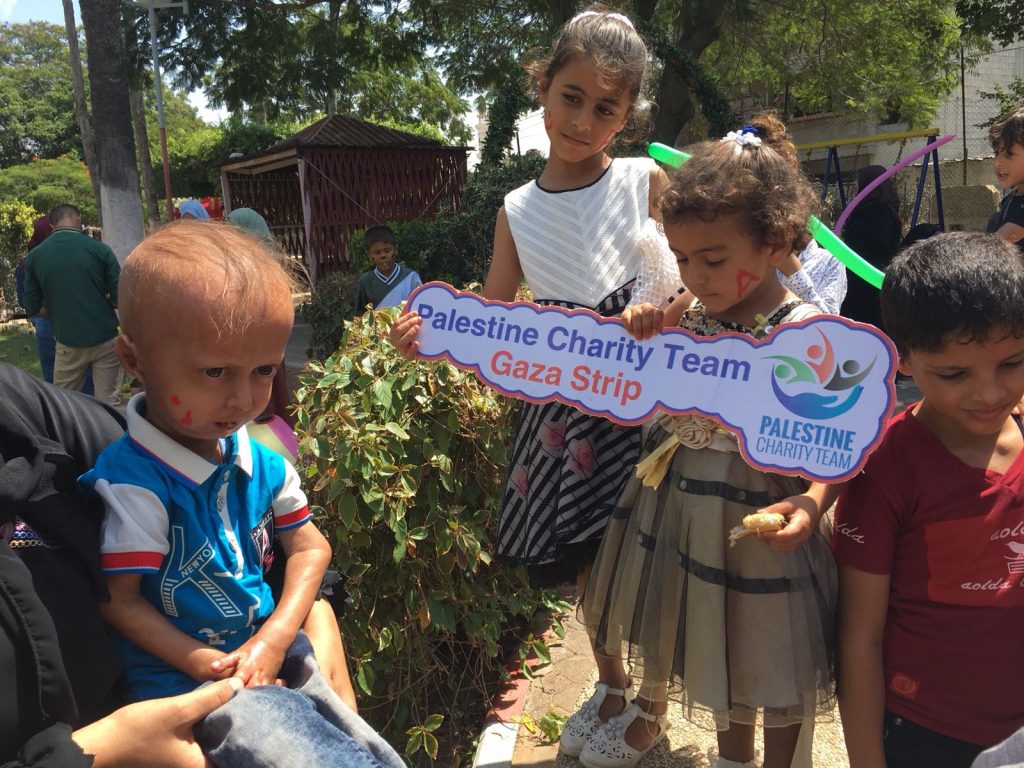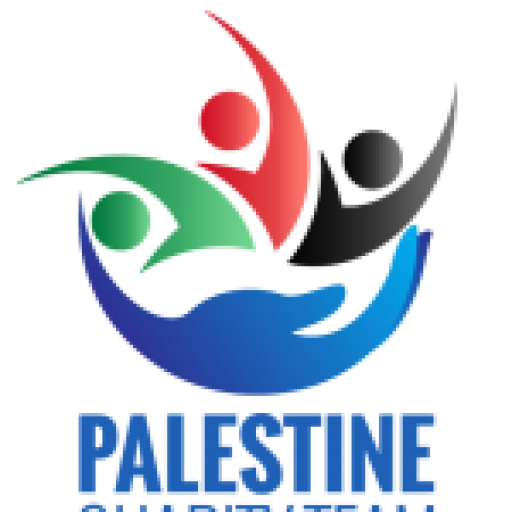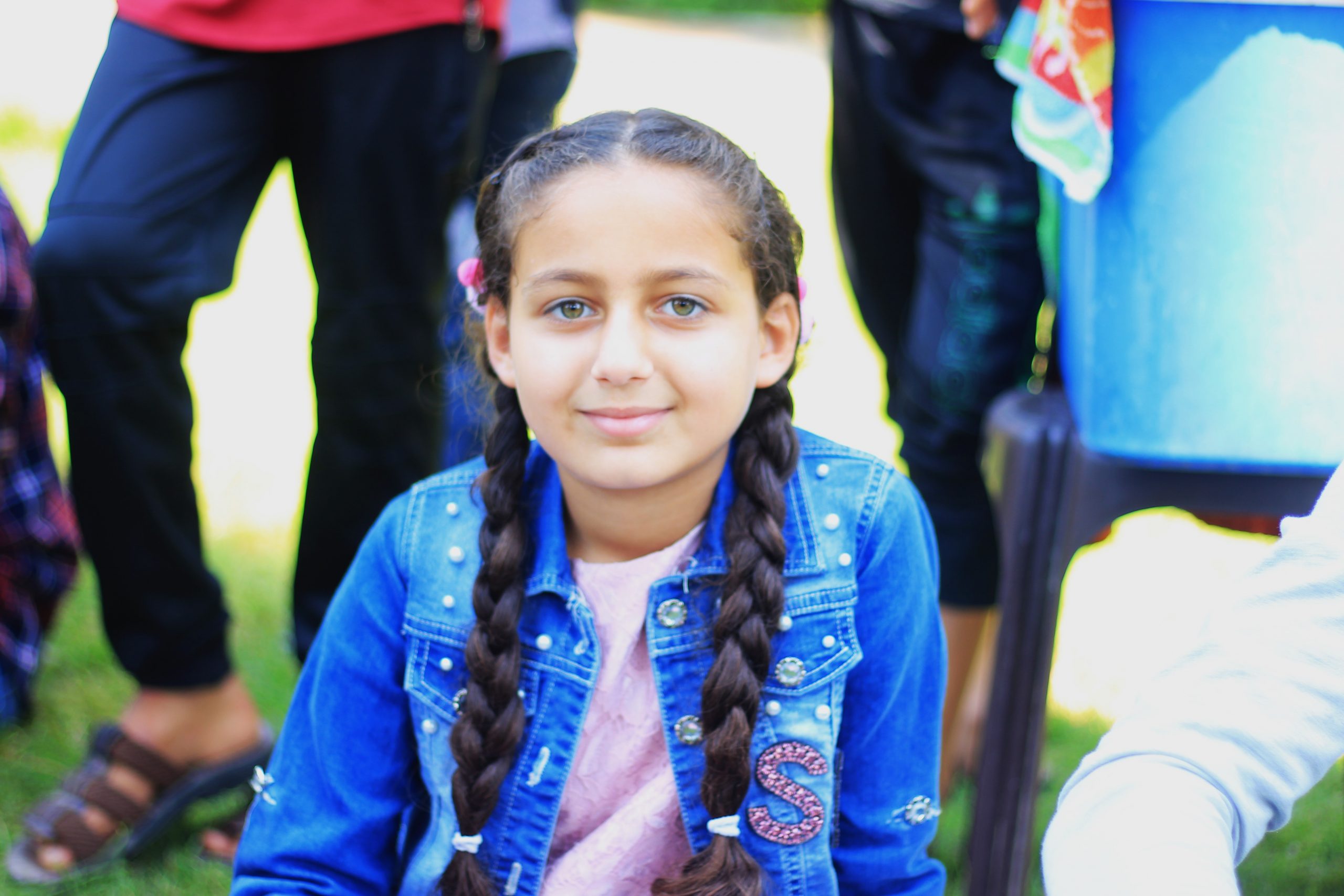The Gaza Heartbeat 💓
Learning English is very basic to an education today, however the opportunities in Gaza are few. Basic English is an important beginning to learning another language. Learning English is a survival skill for teenagers in Gaza. Opportunities to practice with age appropriate, native English speakers could be such a good experience.
Being isolated, in an occupied country, is a certain kind of experience for young people in Gaza. It is developmentally difficult for teenagers to not have friends and associates. In the Arab culture, group learning is important.
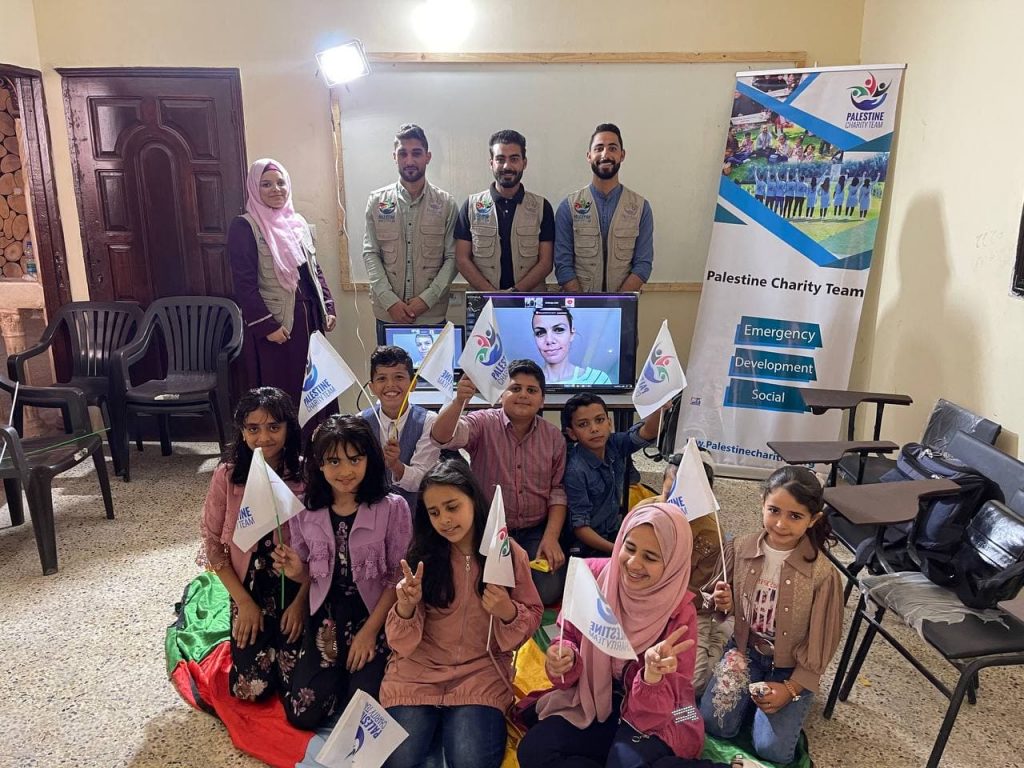
It is important also for teenagers in the United States to have meaningful interactions with their peers. Cultural awareness is an important life skill, so creating mutually beneficial relationships with teenagers from Gaza would add a richness to their life experience.
Between the two countries, there would be much to share.
Beginning with the model of Sing to Live in Peace, the US teenagers could provide instruction on accent and vocabulary. There could also be a separate time for the students to spend time in conversations with US students.
Extending this experience, facilitated by Maryam Harb, a high school student from New Jersey, would allow teenagers from Gaza to also affect their curriculum and progress at the level they have already achieved.
The project targets children from 15 – 20 years old in Rafah camp, and they will be taught basic English language skills (writing, speaking, reading, listening). The project will last for several months, coinciding with the start of school in October from October 1 to December 10. It would be 36 class every week we have to meet three time.
Palestine Charity Team USA is looking for donors who would commit to the project to match funds provided by a group of High School Students in New Jersey, led by Maryam Harb, a student herself.
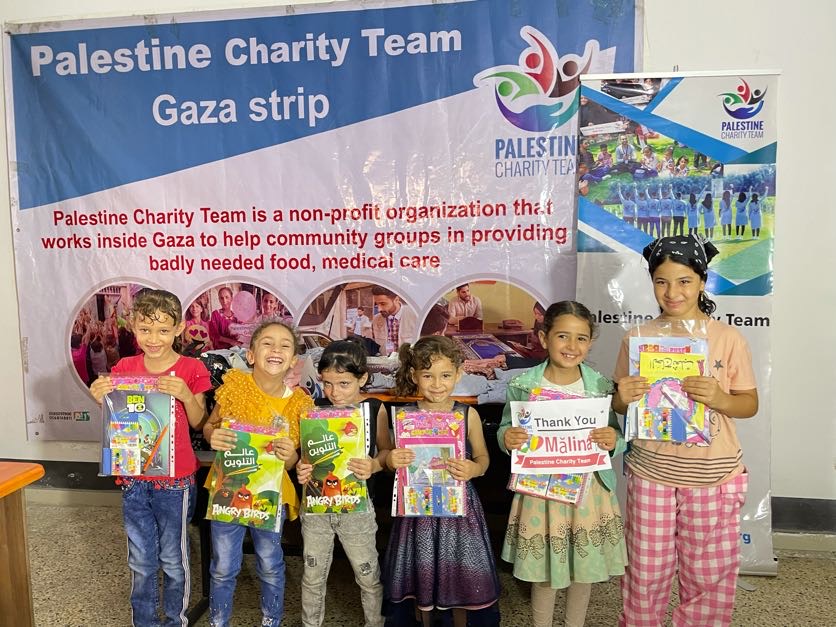
Objectives
- To create mutually beneficial relationships between teenagers in Gaza and New Jersey
- To facilitate conversations that extend the English language learning capacity of teenagers in Gaza.
- To provide age appropriate social models from both cultures.
- To develop a curriculum and effective practices for Teaching Conversational English in other places
- To identify teenagers in Gaza who recognize the value of learning other languages and cultures.
Justification
“We have found that Arabic-speaking students often do better in groups with non-Arabic, native English speakers. Socializing and collaborating motivates them to learn English.” Lori Brenneise
Peer tutoring is universally accepted to support the positive impact of peer tutoring on student learning outcomes.
Partner work is excellent for tasks in which correct and incorrect responses can be clearly determined (word and text reading and phonological awareness activities, such as identifying sounds in words).
Project Outputs
- Identify students from Rafah camps who need help with English
- Provide bi-weekly, 45 minutes sessions
- Record lessons to be reused later
- Identify US students who are interested in continuing this work
- Set up 15 minutes sessions one/one
- Raise funds to technically support Gaza students
- Develop effective games and conversations that facilitate the learning
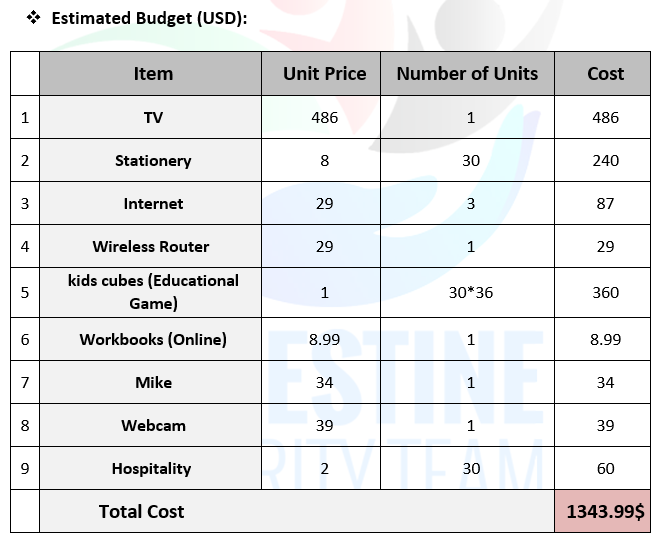
PCT Contribution
- Provide a meeting space and at least one adult to facilitate the sessions in Gaza
- Provide technical assistance and TV access
- Provide materials in Rafah that may be needed
- Advertise and select students to participate
- Facilitate family participation in Rafah
